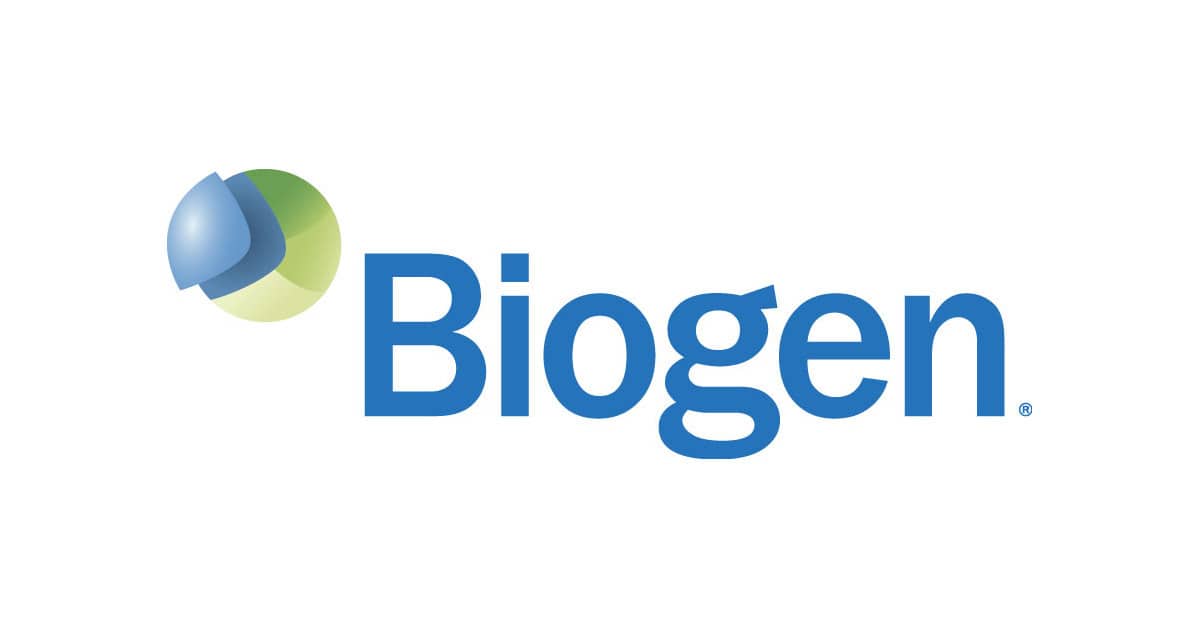
The Institute for Clinical and Economic Review (ICER) will extend its timeline for evaluating the cost-effectiveness of Biogen’s potential Alzheimer’s disease therapy aducanumab, after the US Food and Drug Administration (FDA) delayed its own review of the drug earlier this year.
In January, the FDA announced that it would extend the review period for aducanumab by up to three months, issuing an updated prescription drug user fee act (PDUFA) action date for 7 June 2021.
At that time, Biogen said that it had submitted a response to an information request from the FDA, which included additional analyses and clinical data.
The FDA considered the additional information a ‘major amendment’ to Biogen’s application, hence the need for the additional time for review.
It is unclear what additional data Biogen submitted to the FDA after the agency’s request for additional information.
ICER’s own review, which will assess the comparative clinical effectiveness and value of aducanumab for Alzheimer’s, also now has an updated timeline.
This includes key date changes to the institute’s draft evidence report, which will be published on 5 May 2021, with the final evidence report expected on 5 August 2021.
The FDA awarded aducanumab a priority review in last August, setting an initial PDUFA action date on 7 March 2021.
In November 2020, a panel of outside experts convened to examine the data supporting Biogen’s application for aducanumab, although the outcome from this meeting was not positive.
The Peripheral and Central Nervous System Drugs Advisory Committee overwhelmingly voted no on a number of counts regarding the efficacy and evidence supporting the use of aducanumab in Alzheimer’s.
In response to the question of whether two studies – EMERGE and ENGAGE – provide ‘strong evidence’ that aducanumab is effective at treating Alzheimer’s, eight experts voted no – with one voting yes and two ‘uncertain’.
In the EMERGE study, patients who received the highest dose of aducanumab demonstrated a statistically significant improvement on a clinical dementia scale.
In the ENGAGE study, despite being of ‘identical design’ to the EMERGE study, the drug didn’t demonstrate clinical efficacy, and patients who received the highest dose of Biogen’s drug actually experienced worse outcomes compared to those on the placebo arm.
Aside from the two phase 3 studies, Biogen also submitted data from a phase 1b trial – PRIME – to support its aducanumab application.
The panelists were no more convinced by this early-stage data, however, with none of the experts voting yes when faced with the question of whether the PRIME results supported evidence of aducanumab’s efficacy.




